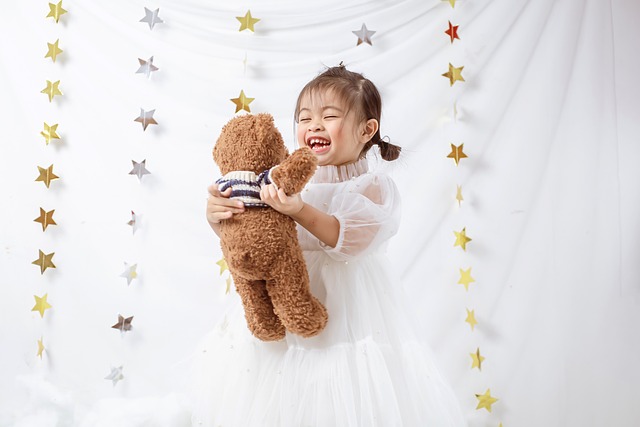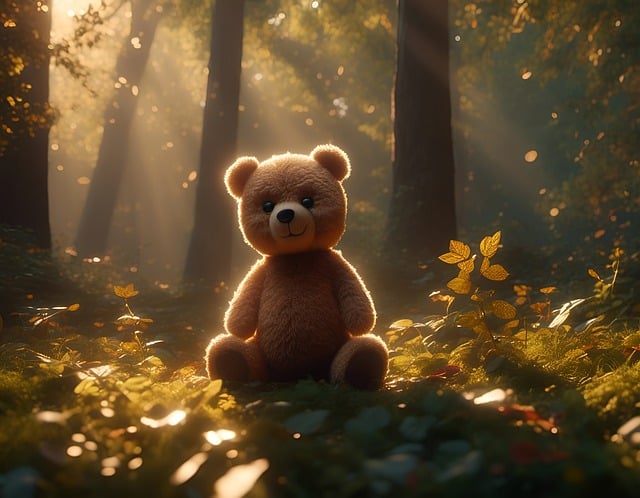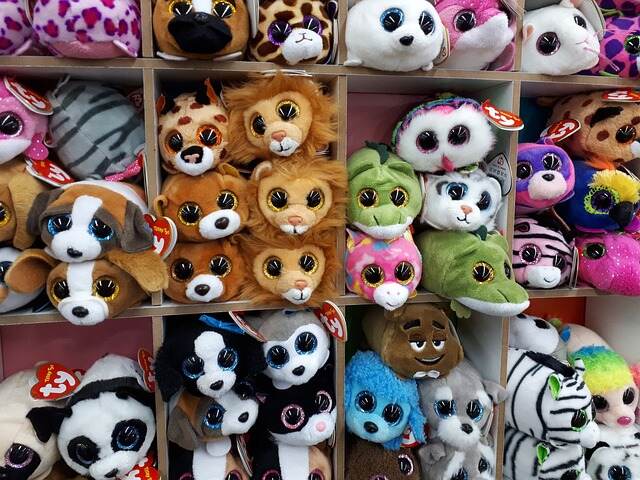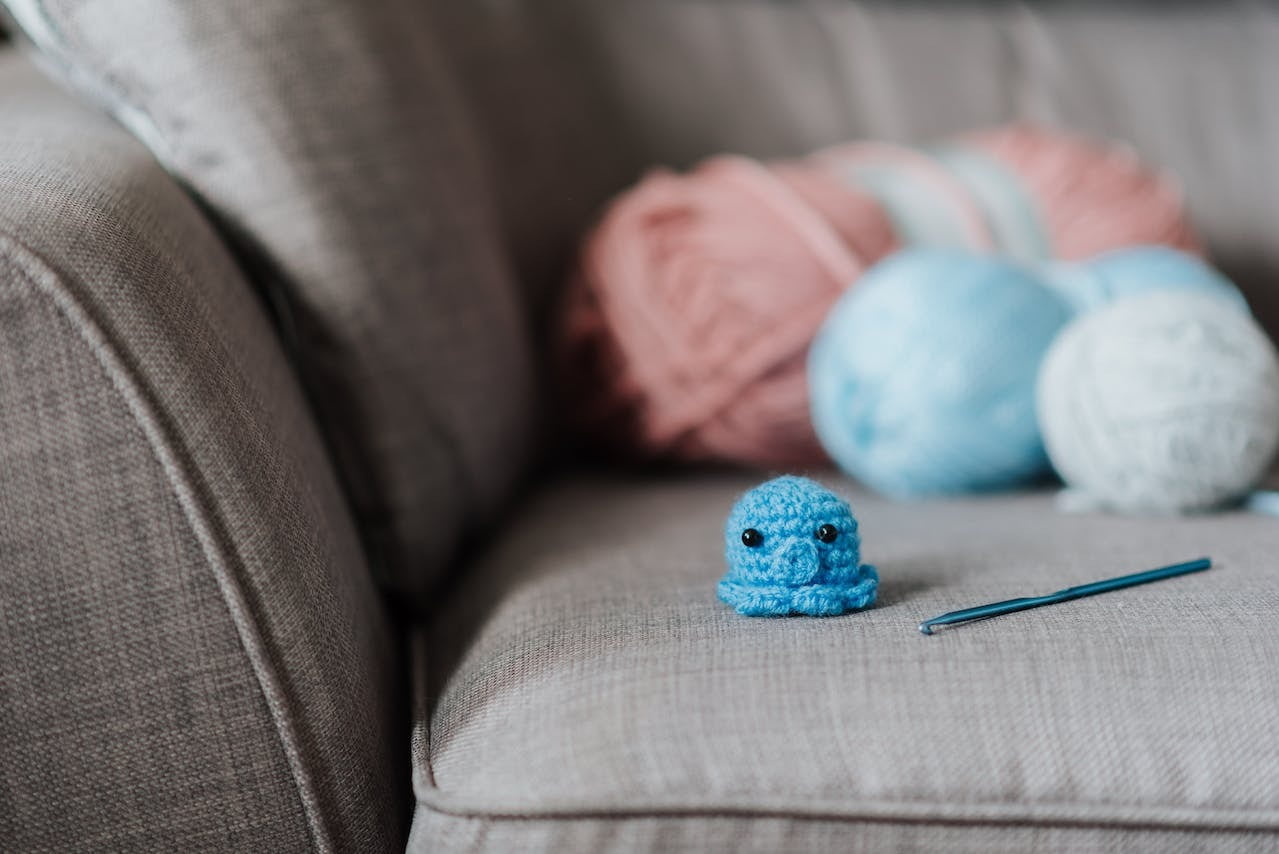Contents
Introduction to Plushies and Why We Love Them
Welcome to the delightful world of plushies, where comfort and joy abound! From childhood companions to nostalgia-inducing collectables, these cuddly toys have captured our hearts and imaginations for generations. But what about these soft and huggable creatures that make us adore them so much? Join us as we explore the benefits of plushy toys beyond their undeniable cuteness. Get ready to dive into a world filled with psychological well-being, stress relief, childhood development, unique uses in adulthood, collecting hobbies, and more! So grab your favourite stuffed animal, buddy, and let’s embark on this whimsical journey together!
The Psychological Benefits of Stuffed Animals
Stuffed animals have a way of capturing our hearts and providing us with comfort like no other. It’s not just their soft, cuddly exterior that makes them so appealing; there are psychological benefits to having these plush companions in our lives.
One of the main advantages of stuffed animals is their ability to provide emotional support. They can be a source of comfort during stress or anxiety, offering a sense of security and familiarity. Research has shown that hugging a stuffed animal can trigger the release of oxytocin, also known as the “love hormone,” which promotes feelings of relaxation and contentment.
In addition to emotional support, stuffed animals can help improve mental well-being. They can serve as an outlet for self-expression and creativity, allowing individuals to create imaginative scenarios and engage in pretend play. This type of play has been linked to cognitive development and problem-solving skills.
Furthermore, stuffed animals can act as valuable tools for therapeutic purposes. Many therapists use plush toys during counselling sessions with children or adults who have experienced trauma or are struggling with mental health issues. These toys offer a non-threatening way for individuals to express emotions and process difficult experiences.
Whether we admit it or not, most people have fond memories of their favourite childhood teddy bear or plushy companion. As adults, we may still find solace in snuggling up with a fluffy friend after a long day. These cuddly creatures’ psychological benefits should not be underestimated – they genuinely bring us comfort and joy!
How Plushies Can Help with Anxiety and Stress Relief
Plushies are not just adorable toys; they can also be powerful allies in our battle against anxiety and stress. These soft and huggable companions have a unique ability to provide comfort and a sense of security, making them perfect for moments when we need a little extra support.
When we hold or cuddle with a plushy toy, our bodies release oxytocin, often called the “love hormone.” This hormone helps reduce stress levels by promoting feelings of relaxation and contentment. Squeezing or stroking the plushy’s soft fur can activate pressure points on our skin, triggering a soothing response within our nervous system.
Moreover, interacting with plushies can help distract us from intrusive thoughts or negative emotions. Their cute faces and gentle presence create an instant diversion from overwhelming situations. We can find solace and relief amidst chaos by focusing on their comforting touch or talking to them about our worries.
Plushies also provide emotional support by serving as silent listeners when we cannot open up to others. They offer unconditional love without judgment or expectations, allowing us to express ourselves freely without fear of being misunderstood.
Whether through imaginative play or role-playing scenarios that reflect real-life challenges, plushy toys give us opportunities for emotional catharsis. We can project our fears onto them or use them as stand-ins during difficult conversations—a practice known as “teddy bear therapy” among mental health professionals.
In short, there is no denying that plushies possess incredible therapeutic potential for those struggling with anxiety and stress-related issues. So the next time you’re feeling overwhelmed, don’t hesitate to reach out to your trusted fluffy friend—their warm embrace might be what you need in that moment of unease.
The Role of Plushies in Childhood Development

Plushies, those soft and cuddly stuffed animals that children have loved for generations, play a significant role in childhood development. These adorable companions provide more than just comfort and joy; they also contribute to the growth and learning of young minds.
Plushies can act as transitional objects for children. They provide security and familiarity during separation or change, such as starting school or going through a family move. The presence of their trusted plushy friend can help ease anxiety and provide emotional support during these challenging times.
Furthermore, plushies encourage imaginative play. Children often create elaborate stories with their stuffed animals, assigning them names, personalities, and occupations! This type of pretend play helps develop creativity, problem-solving skills, and social interaction as kids converse with their plushy friends.
Additionally, plushies can become confidants for children who struggle to express themselves verbally. Kids often feel comfortable sharing secrets or discussing worries with their furry companions since they offer unconditional love and acceptance without judgment.
Moreover, when playing with plushies, children develop fine motor skills by manipulating the soft toys’ limbs while dressing them up or arranging tea parties. This tactile exploration improves dexterity while stimulating sensory experiences.
Last but not least important is the concept of empathy that plushies teach young ones. Taking care of their stuffed animal friends teaches responsibility as children learn about nurturing relationships by feeding them imaginary meals or tucking them into bed at night.
Unique Uses for Plushies in Adulthood
Who says cuddly toys are just for kids? While many people associate plushies with childhood, they can serve various unique purposes in adulthood.
For some adults, plushies provide comfort and emotional support during difficult times. Whether after a breakup or during a stressful period at work, hugging a soft and familiar plushy can help ease anxiety and promote relaxation. These adorable stuffed animals become trusted companions who offer solace without judgment.
Plushies can also be used as decorative items to add personality and charm to an adult’s living space. From cute animal designs to favourite cartoon characters, there is no shortage of options for finding the perfect plushy that matches your style and interests. They lend a touch of nostalgia while bringing warmth into any room.
Additionally, some adults find creative uses for their plushies by incorporating them into hobbies or activities. For example, photographers often use stuffed animals as props in their shoots, adding whimsy and playfulness to their images. Plushies can also be utilized as makeshift pillows during long journeys or even displayed proudly on shelves as part of an extensive collection.
Collecting and Caring for Plushy Toys: A Hobby with Benefits
Collecting and caring for plush toys is not just a hobby but also a way to bring joy into your life. There is something special about surrounding yourself with these adorable creatures that spark happiness in the heart of any age. Whether you have a small or extensive collection, each plushy holds sentimental value and memories.
Caring for your plushies goes beyond just dusting them off occasionally. It involves giving them love and attention, just like you would with any other cherished possession. From gentle washing to fluffing up their fur, caring for your stuffed animals ensures they stay soft and cuddly for years.
One benefit of collecting plushies is the sense of comfort they provide. When you feel down or stressed, hugging a fluffy companion instantly makes you feel better. These soft toys offer solace during difficult times and act as a source of emotional support when needed.
Additionally, collecting plushies allows us to tap into our creativity by arranging them differently or creating imaginative scenarios. This form of self-expression brings out the childlike wonder within us all and encourages playfulness even in adulthood.
Furthermore, having a collection of plushies can be seen as an emotional and financial investment. Rare or limited edition pieces can appreciate over time if well-maintained, making it not only a delightful pastime but also potentially profitable.
Conclusion:
Plushies, those cuddly companions that bring us comfort and joy, benefit people of all ages. From providing psychological support to aiding in stress relief, these soft toys offer much more than just a cute face.
Plushies play an integral role in children’s development by fostering imagination, empathy, and emotional regulation. These fluffy friends become confidants and security sources during times of uncertainty or change.
But the benefits of plushies don’t stop at childhood. Many adults find solace in collecting and caring for these beloved toys as a form of self-expression and nostalgia. They serve as reminders of simpler times or cherished memories.
Beyond their traditional uses, plushies have also found unique roles in adulthood. They can act as therapeutic tools for individuals dealing with anxiety or mental health challenges. These stuffed animals’ soothing touch and presence offer comfort when words fail.
Collecting plush toys has also emerged as a popular hobby among adults. It offers enjoyment and opportunities for creativity through customization or crafting accessories for these furry companions.
So next time you spot that cute little bear on the shelf, don’t hesitate to bring it home; you might just be giving yourself the gift of comfort and joy!



